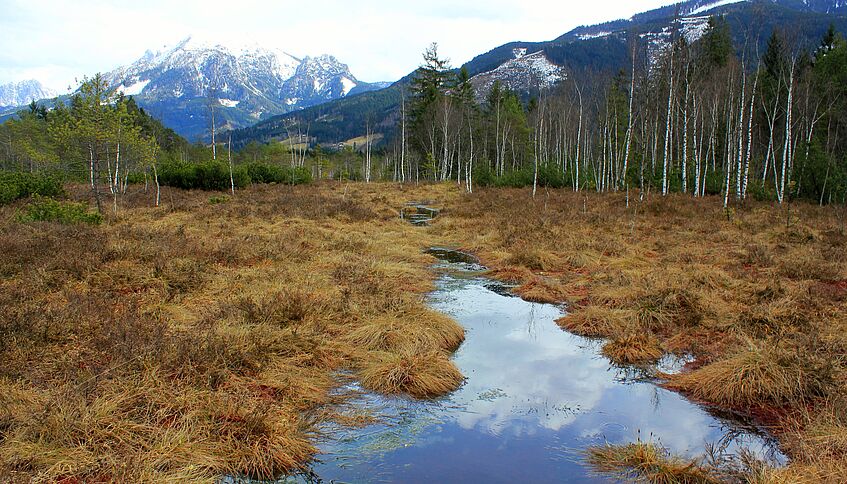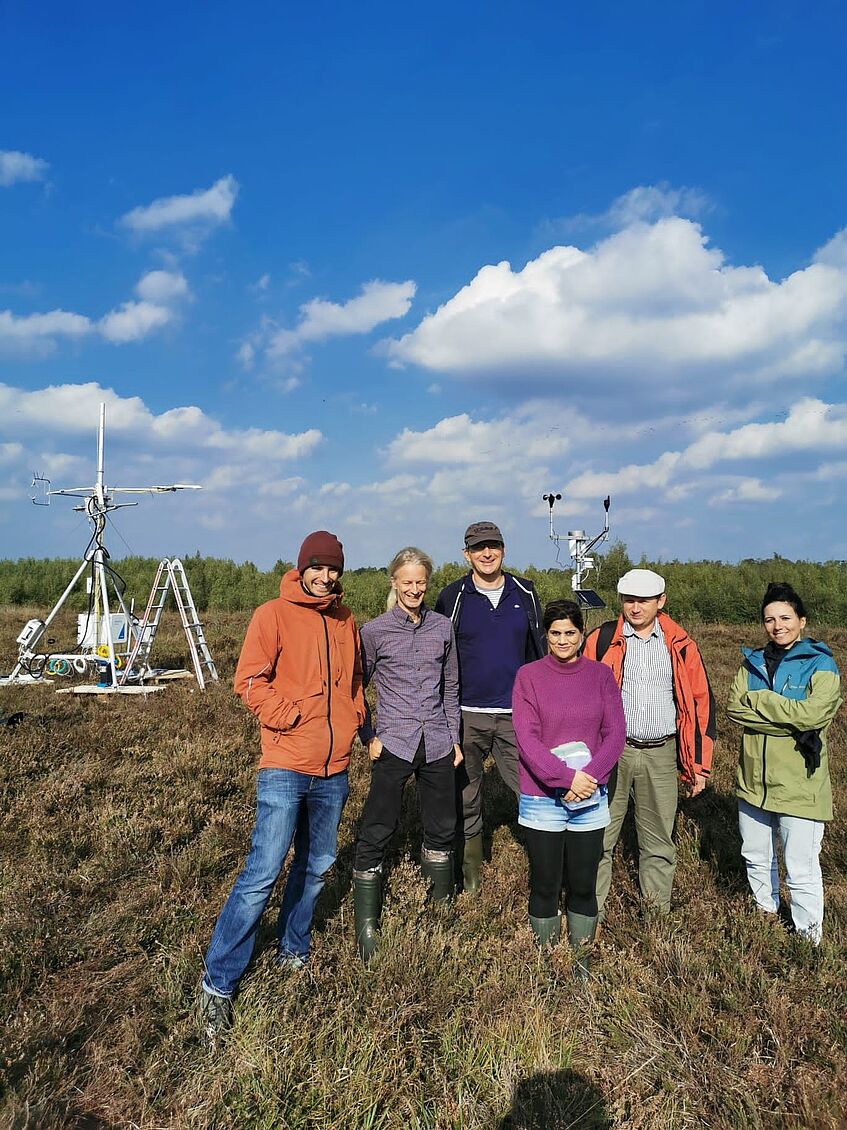ReVersal (Restoring peatlands of the nemoral zone under conditions of varying water supply)

(c) Simon Drollinger

Amtsvenn- Hündfeld bog (c) Simon Drollinger
ReVersal (Restoring peatlands of the nemoral zone under conditions of varying water supply)
The ReVersal project aims to develop an indicator framework for the evaluation of peatland restoration success in peat bogsaffected by drainage and/or extraction. This will be achieved by the consideration of biological and biogeochemical conditions, and greenhouse gas fluxes, as well as biodiversity, along degradation and restoration trajectories. The goal of this study is to evaluate uncertainties in conservation and restoration approaches and develop adaptive management strategies that consider trade-offs between restoration goals. These strategies will be transferable across landscapes through the use of remote-sensing based models.
The project partners (University of Münster (Germany), Adam Mickiewicz University, Poznan, Poland, and Radboud University, Nimwegen, Netherlands) will work together to provide novel monitoring approaches based on remote sensing and develop indicators and decision guides that account for trade-offs in biodiversity, ecosystem functioning, C-budgets, CO2 and CH4 exchange. Thresholds and tipping points will be defined to substantiate trade-offs and provide a basis for decision making processes and adaptive management strategies, which will be developed in dialogue with local and regional stakeholders.
Project duration: 01.04.2022 - 31.03.2025
Project team at the University of Vienna: Stephan Glatzel, Nasreen Jeelani
Project partners: University Vienna, Austria (S. Glatzel, N. Jeelani); (University Munster, University Adam Mickiewicz and University Radboud).
Funded by:
- Austrian Science Fund (FWF), Austria
- Deutsche Forschungsgemeinschaft (DFG), Germany
- Ministry of Agriculture, Nature and Food Quality (LNV), Netherlands
- National Science Centre (NCN), Poland
